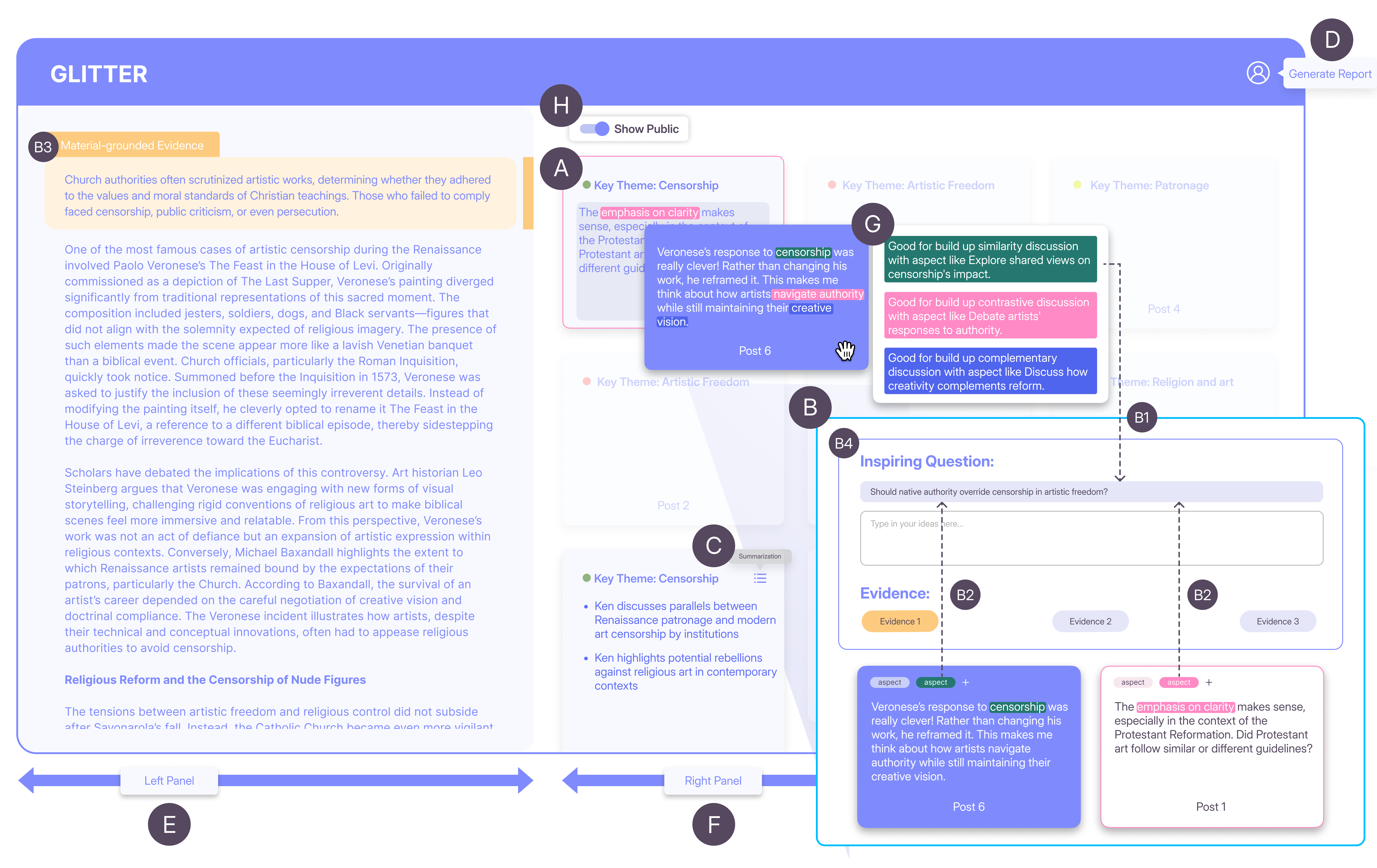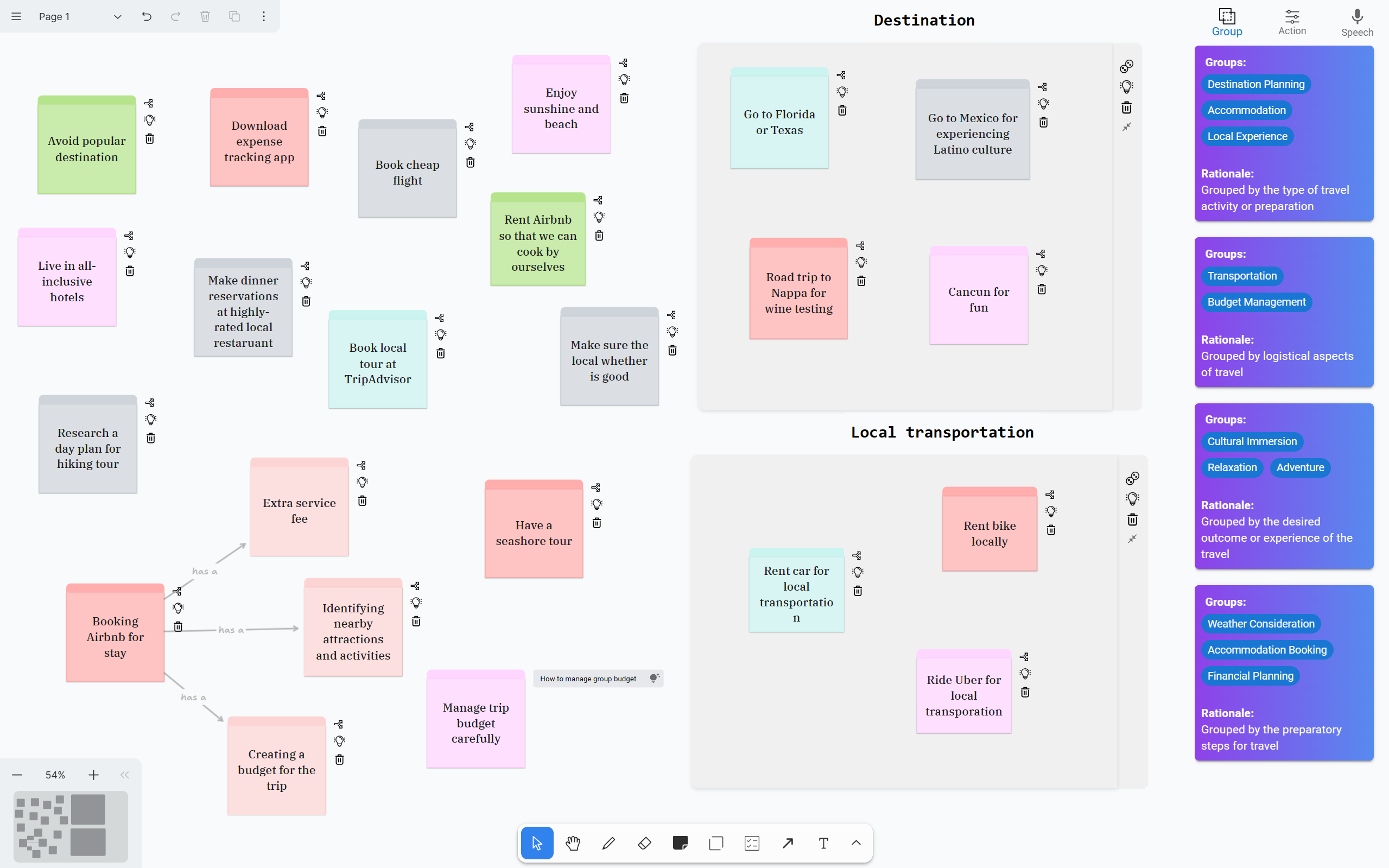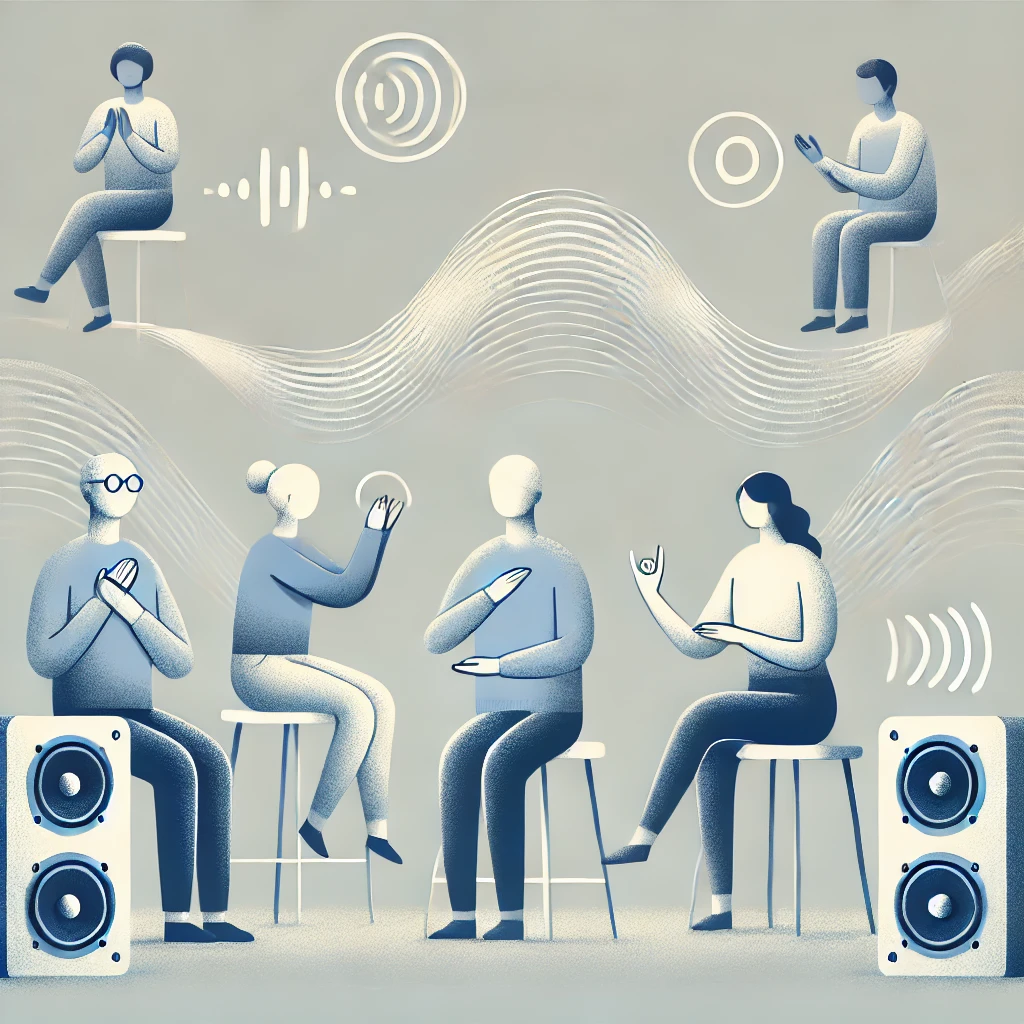
Weirui Peng
Hi! I'm a CSE PhD student at the University of Michigan. I received my Master's degree from Columbia University. My research focuses on Human-AI collaboration, specifically designing intelligent tools that bridge the gap between human cognition and AI systems for complex tasks like collaborative work, design, and coding.
Previously, I completed my undergraduate studies at The Chinese University of Hong Kong. I am fortunate to be mentored by distinguished researchers, including Toby Jia-jun Li, Sherry Tongshuang Wu, Niki Kittur, Nikolas Martelaro, Rachel Adler.
News
- July 2025: GLITTER got accepted to UIST 2025! 🎉
- April 2025: Our paper 'What Should We Engineer in Prompts? Training Humans in Requirement-Driven LLM Use' got accepted to TOCHI 2025!
- Jan 2025: LADICA got accepted to CHI 2025!
- October 2024: Attending UIST 2024 ✈️ in Pittsburgh
- September 2024: One paper got accepted to CSCW 2024 🎉
Research
Presented below is a comprehensive list of my PUBLISHED works, as well as those available on ARXIV, with the exclusion of any unpublished manuscripts.

GLITTER: An AI-assisted Platform for Material-Grounded Asynchronous Discussion in Flipped Learning
Weirui Peng* , Yinuo Yang* , Zheng Zhang , Toby Jia-jun Li
Flipped learning, where students engage with materials before class and discuss them during sessions, often faces challenges in asynchronous discussions due to the lack of context and engagement. We present GLITTER, an AI-assisted platform that enhances asynchronous discussions by grounding them in course materials. The system uses AI to analyze and connect student contributions with relevant course content, fostering more meaningful and contextual discussions. A lab study showed that GLITTER significantly improves student engagement and learning outcomes in flipped classroom settings.
UIST 2025

LADICA: A Large Shared Display Interface for Generative AI Cognitive Assistance in Co-Located Team Collaboration
Zheng Zhang , Weirui Peng , Xinyue Chen , Luke Cao , Toby Jia-jun Li
Large shared displays, like digital whiteboards, support co-located team collaborations by assisting with tasks such as brainstorming and organizing ideas, but most existing systems either limit functionality or reduce human control, neglecting natural group dynamics. To address cognitive challenges such as diverse ideation and synchronization with live discussions, we developed LADICA, an interface that enhances brainstorming and analysis while promoting mutual awareness of team ideas. A lab study demonstrated LADICA's effectiveness, showing its ability to extract key information from discussions and improve team collaboration.
CHI 2025

What Should We Engineer in Prompts? Training Humans in Requirement-Driven LLM Use
Qianou Ma , Weirui Peng , Chenyang Yang , Hua Shen , Kenneth Koedinger , Tongshuang Wu
Prompting ChatGPT for complex tasks, such as building a customer support chatbot, often requires meticulous prompt engineering, including fluent writing and chain-of-thought techniques, yet conveying customized requirements remains a human-centric challenge. We introduce Requirement-Oriented Prompt Engineering (ROPE), a paradigm that emphasizes creating clear, complete requirements during prompting, supported by an assessment and training suite offering LLM-generated feedback. A study with 30 novices demonstrated that requirement-focused training significantly improved prompting performance compared to traditional methods.
TOCHI 2025

Exploring the Diversity of Music Experiences for Deaf and Hard of Hearing People
Kyrie Zhixuan Zhou , Weirui Peng , Yuhan Liu , Rachel F. Adler
Sensory substitution techniques have been suggested to help deaf or hard of hearing (DHH) people engage with music, but little is known about how these methods enhance their experience. To understand DHH people's interaction with music, we conducted interviews and analyzed Reddit communities, finding that they use sign language and visual/haptic cues to feel the music, and prefer familiar, non-lyrical, loud music. However, current hearing aids and enhancement techniques fall short, leading to suboptimal experiences, highlighting the need for better design to improve music accessibility for DHH individuals.
CSCW 2025

Enhancing User Engagement in AI Auditing Through Gamification and Storytelling
Weirui Peng , Mengyi wei , Kyrie Zhixuan Zhou
Engaging end users in AI system auditing is challenging given their varying tech literacy and a lack of incentive. In this paper, we propose a collaborative approach combining gamification and storytelling to incentivize end-user participation in AI auditing and make the process more engaging. The user-centric pipeline incorporates game-like rewards and narrative frameworks. Our methodology aims to make AI auditing more interactive and inclusive, contributing to the development of more ethical AI systems.
CSCW 2023 User AI Auditing Workshop